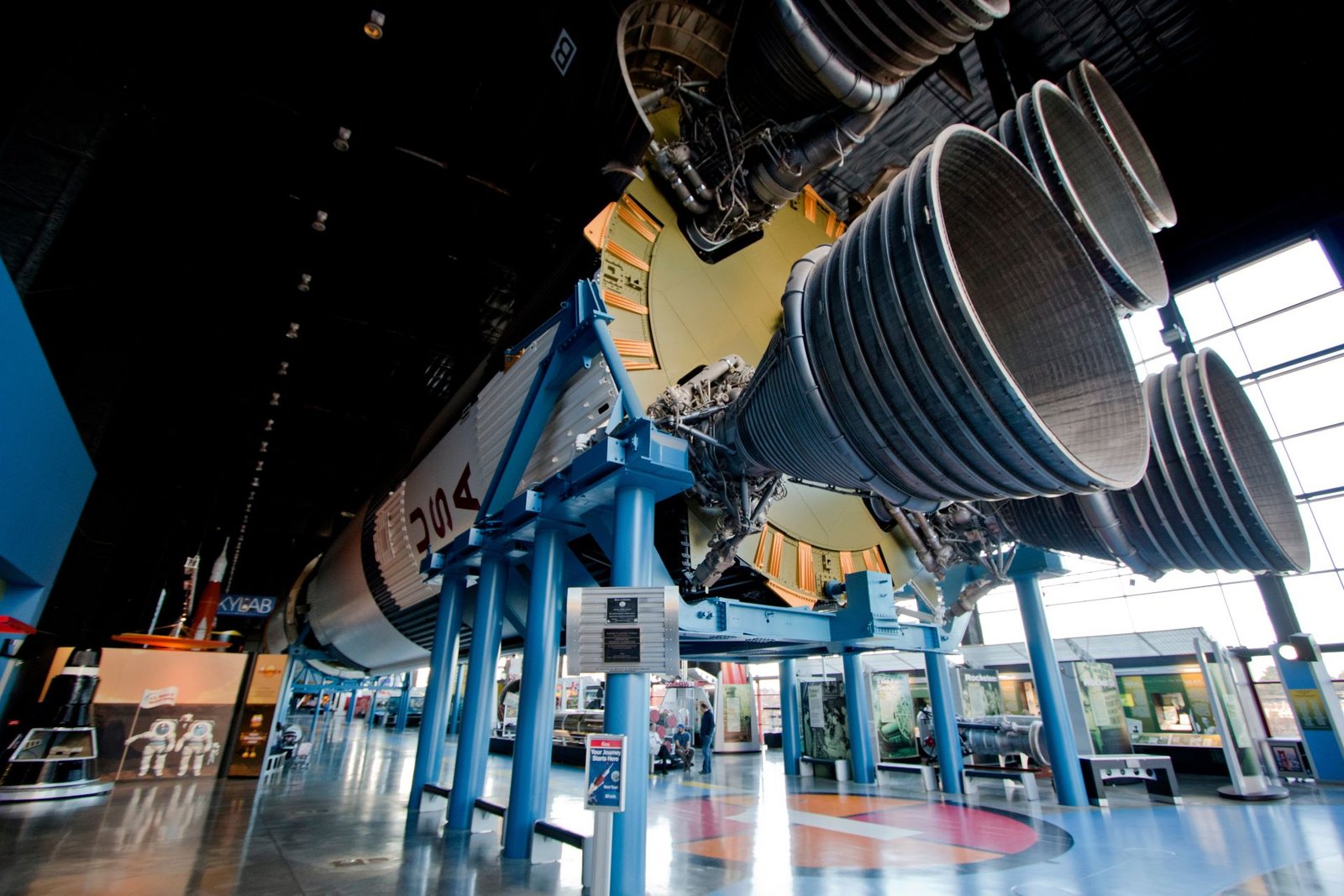
Insurance costs are rising so fast that some park operators are having to terminate certain types of coverage because the costs are simply unsustainable.
One case in point is Twin Lakes Camp Resort in DeFuniak Springs, Fla., which recently experienced a 400% increase in property insurance premiums.
“It went from about $6,000 to $8,000 a year to the mid-$30,000 range. At that point, I had to drop it,” said Pat O’Neill, who co-owns and operates the park with his family.
Twin Lakes continues to maintain liability insurance, but O’Neill said he couldn’t justify spending $35,000-a-year in property insurance, which primarily covers damage from fires. “When you read the property exclusions, fire is about the only thing you are covered for,” he said. “They won’t insure your utilities.”
O’Neill added that there are roof exclusions on property insurance in Florida that require park owners to have hurricane insurance, which is extremely expensive. “A normal property insurance policy won’t cover the roof once the wind gets to a certain speed. If the wind reaches a certain speed, you have to have hurricane insurance,” he said.
O’Neill, who serves as treasurer of the Florida and Alabama RV Park and Campground Association, said he simply cannot afford property or hurricane insurance for his park. Of course, he is not alone. Park operators in Florida and across the country are increasingly voicing similar frustrations with escalating insurance costs they say are unsustainable.
Top officials of the Florida and Alabama RV Park and Campground Association, for their part, are hearing an earful from their members about rising insurance costs, which has prompted the association to explore the feasibility of establishing its own captive insurance group to expand available insurance options and potentially enable the association’s members to break free from explosive commercial insurance rates across the Southeast.
“(The rising cost of insurance) is the most significant challenge park owners face, and by far the top issue our members have asked us to address,” said Bobby Cornwell, president and CEO of the Florida and Alabama RV Park and Campground Association.
Cornwell announced the association group insurance research effort during the opening session of the association’s annual Outdoor Hospitality Conference & Tradeshow, which took place May 15-17 at the Orlando Hilton, drawing a record crowd of nearly 450 attendees.
“The real goal is to stabilize where we are now (in terms of insurance rates),” said Austin Gaines of the Stark Agency in Montgomery, Ala., which is working with Florida and Alabama association to explore the group insurance idea. He added that actual “cost savings” in insurance rates would likely take place long term.
Gaines said one of the reasons park operator insurance rates have been rocketing across Florida and Alabama is because campgrounds and RV parks are rated together with other businesses without adequate consideration of the claims histories of the association’s members. With a captive insurance group, however, insurance rates would more closely follow the actual claims histories of the group’s members.
During his remarks to Florida and Alabama park operators in Orlando, Gaines said the association has already obtained insurance information from 19 parks, including their rates and claims histories.
In a subsequent interview with Woodall’s Campground Magazine, Gaines said he’d like to see data from at least 50 parks before he would be in a position to determine if the captive insurance idea would be a logical option for park operators in Florida and Alabama.
“We will need copies of current policies and loss runs/claims histories for at least the previous five years, although 10 years would be preferred, and then a document called a ‘Statement of Values’ for your property coverages. Your current agent will know what this is, but it lists all of the information on your property, such as the year built, the square footage of buildings, the type and date of roof, etcetera,” Gaines explained.
Park operators in Florida and Alabama can help expedite the association’s research process by emailing their insurance information to Gaines at [email protected] and to Bobby Cornwell at [email protected].
“Once data is obtained from at least 50 parks, and the insurance feasibility studies are completed, the association’s board will take into consideration all of the data, along with the recommendations of professional, independent advisors, to decide if it’s in the best business interest of our member parks to move forward to form a group captive insurance program,” Cornwell said, adding, “We are just at the beginning stages and still have a long way to go, but right now it looks promising.”
Thomas Sparrow, the association’s chairman, likened the captive insurance research effort to clinical trials for a new medicine. “The initial research findings are promising,” he said, “but there’s still much more research that has to be done before we can determine if this approach is viable.”
If the Florida and Alabama association moves ahead to form an insurance captive, it could begin to offer group insurance as early as sometime next year.
Of course, there are some wildcards that have to be addressed, such as the extent to which a captive insurance program could protect park operators from hurricane-related losses. “At this point in the process, we do not know the exact vehicle through which we will transfer or retain risk, so this cannot be answered yet. But there are several different options available to a captive that would insure the captive against a catastrophic loss,” Gaines said, adding that there would be a cap on the total risk being retained by the captive. “How that plays itself out, though, can vary widely based on how our feasibility study goes.”
Cornwell and Sparrow, for their part, emphasized that this captive model, even if successful, will not be the “end-all solution” for all of the association’s member parks. “Our association’s insurance partners and brokers will continue to be a valuable and needed part of the mix,” Cornwell stated. “Ultimately, the association’s only goal is for our members to have multiple options that are affordable and stable. If the marketplace is able to provide this, or our efforts help expedite the process, that’s wonderful. That’s all we want.”
Meanwhile, Florida’s insurance market is in flux. While several insurance underwriters have exited the Florida market in recent years, other companies are seeking permission from state agencies to serve the Florida market.
O’Neill, citing information from the Florida association’s lobbyist, said these new companies include Condo Owners Reciprocal Exchange; Mainsail Insurance Company; Manatee Insurance Exchange; Orange Insurance Exchange; Orion180 Insurance Company; Orion180 Select Insurance Company; Ovation Home Insurance Exchange; and Tailrow Insurance Companies. Theoretically, having more carriers serving the Florida market should benefit park operators, but it remains to be seen what happens with insurance rates. “We’re in a cyclical transition,” O’Neill said.





